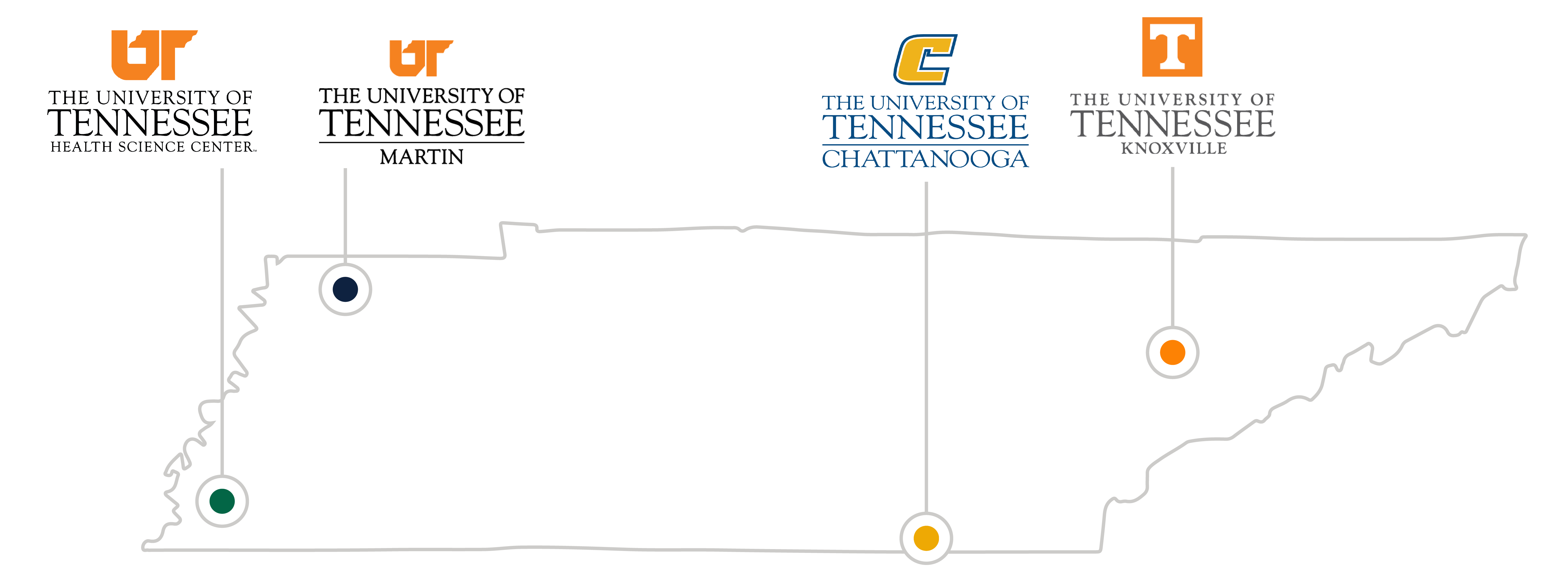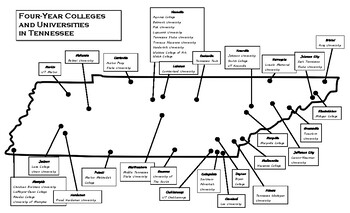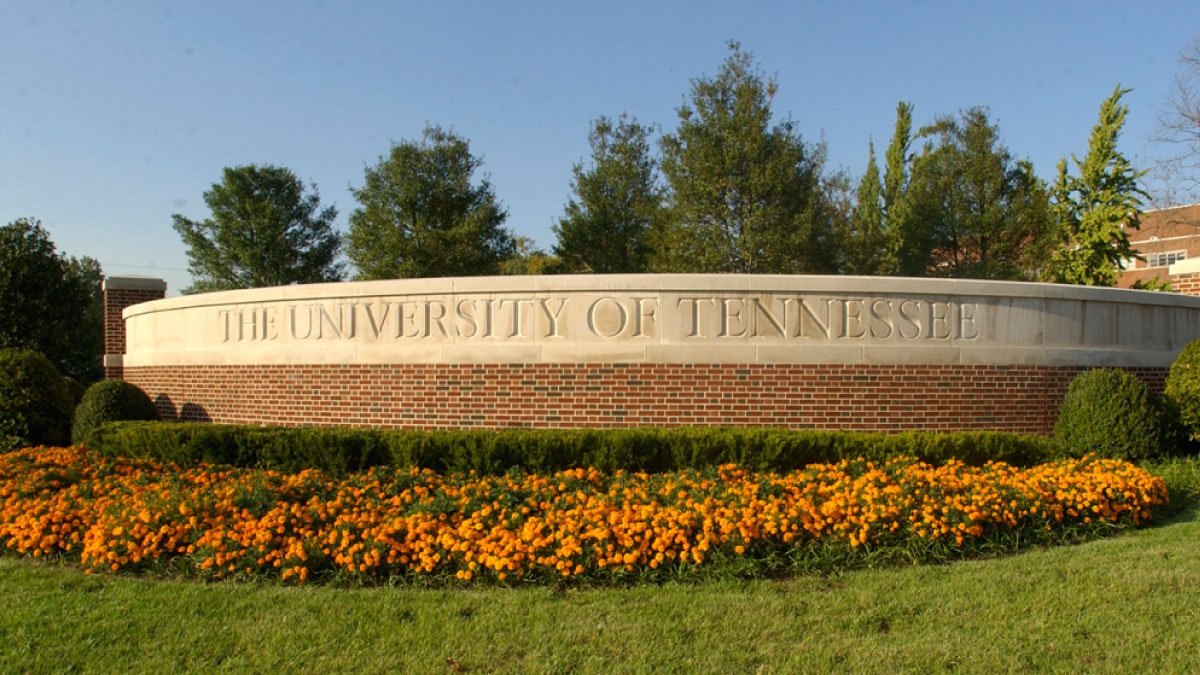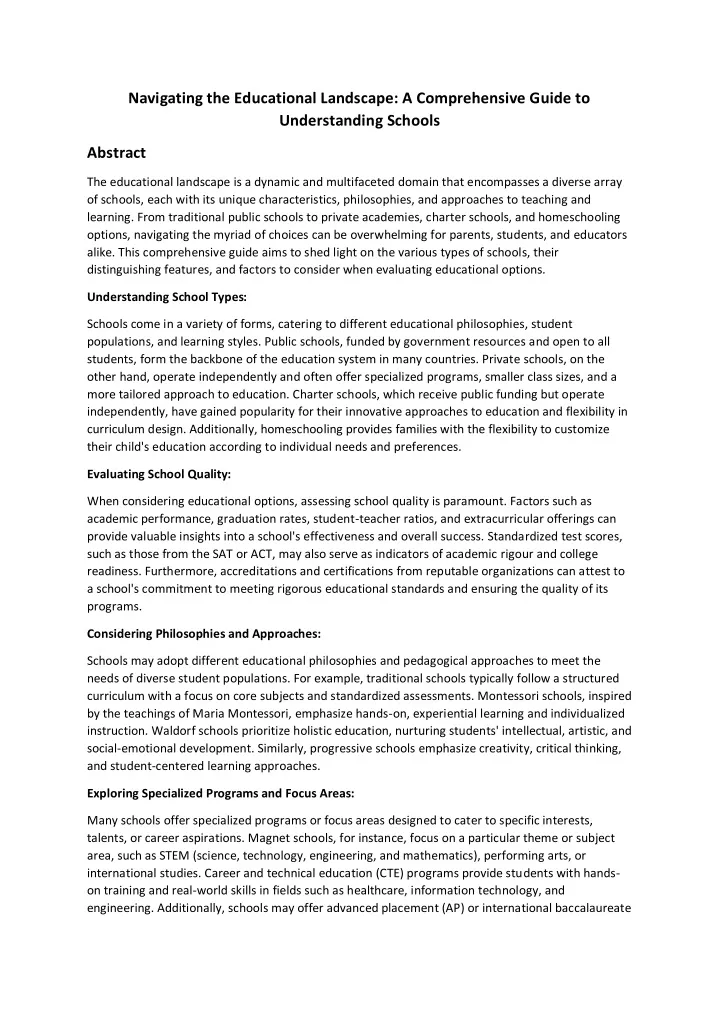Navigating Tennessee’s Educational Landscape: A Comprehensive Guide To Colleges Across The State
Navigating Tennessee’s Educational Landscape: A Comprehensive Guide to Colleges Across the State
Related Articles: Navigating Tennessee’s Educational Landscape: A Comprehensive Guide to Colleges Across the State
Introduction
With great pleasure, we will explore the intriguing topic related to Navigating Tennessee’s Educational Landscape: A Comprehensive Guide to Colleges Across the State. Let’s weave interesting information and offer fresh perspectives to the readers.
Table of Content
Navigating Tennessee’s Educational Landscape: A Comprehensive Guide to Colleges Across the State

Tennessee, known for its rich history, vibrant culture, and stunning natural beauty, also boasts a diverse and robust higher education system. With numerous public and private institutions scattered across the state, choosing the right college can feel overwhelming. This comprehensive guide aims to illuminate the educational landscape of Tennessee, offering a clear and informative overview of its colleges, their unique offerings, and the benefits of studying within this dynamic state.
A Visual Representation of Tennessee’s Higher Education System
Understanding the geographical distribution of colleges within Tennessee is crucial for prospective students. A map of colleges in Tennessee provides a visual representation of the state’s educational landscape, showcasing the concentration of institutions in major cities like Nashville, Memphis, and Knoxville, as well as the presence of smaller colleges in rural areas.
Types of Colleges in Tennessee: A Diverse Educational Spectrum
Tennessee offers a wide range of educational options, catering to various interests and aspirations. The state’s higher education system encompasses:
-
Public Universities: These institutions are funded by the state and typically offer a broad range of undergraduate and graduate programs at a lower cost than private institutions. Examples include the University of Tennessee, Tennessee State University, and Middle Tennessee State University.
-
Private Universities: These institutions are independently funded and often have smaller student bodies and specialized programs. Examples include Vanderbilt University, Rhodes College, and Sewanee: The University of the South.
-
Community Colleges: These two-year institutions offer associate degrees, vocational training, and transfer options to four-year universities. They provide a more affordable pathway to higher education and career development.
-
Technical Colleges: These institutions focus on specialized technical training and skills development, preparing students for specific career paths. Examples include Tennessee College of Applied Technology (TCAT) campuses across the state.
Benefits of Studying in Tennessee: A Gateway to Opportunity
Choosing to study in Tennessee offers numerous advantages for students:
-
Affordable Education: Tennessee offers some of the most affordable public universities in the nation, making higher education accessible to a wider range of students.
-
Strong Academic Programs: Tennessee’s colleges boast strong academic programs across various disciplines, from engineering and technology to humanities and the arts.
-
Diverse Student Body: Tennessee’s institutions attract a diverse student body, fostering a rich and inclusive learning environment.
-
Vibrant Culture and History: Tennessee’s rich culture and history provide students with unique learning experiences beyond the classroom.
-
Career Opportunities: Tennessee’s strong economy offers numerous career opportunities in various industries, including healthcare, manufacturing, and technology.
Navigating the College Selection Process: Key Considerations
Choosing the right college is a significant decision. Here are some key considerations when exploring Tennessee’s educational landscape:
-
Academic Programs: Identify colleges that offer programs aligned with your academic interests and career goals.
-
Location and Campus Environment: Consider the location and campus environment that best suits your preferences.
-
Financial Aid and Scholarships: Explore the financial aid and scholarship opportunities available at each institution.
-
Student Support Services: Assess the student support services offered, including academic advising, career counseling, and mental health resources.
-
Campus Culture and Activities: Consider the campus culture, student organizations, and extracurricular activities that resonate with your interests.
FAQs: Addressing Common Questions About Tennessee Colleges
Q: What are the top-ranked colleges in Tennessee?
A: Tennessee boasts several highly ranked institutions, including Vanderbilt University, Rhodes College, and the University of Tennessee, Knoxville. Rankings are based on various factors, including academic reputation, research output, and student outcomes.
Q: What are the most affordable colleges in Tennessee?
A: Tennessee’s public universities generally offer lower tuition rates than private institutions. Community colleges provide an even more affordable pathway to higher education.
Q: Are there any colleges in Tennessee specializing in specific fields?
A: Yes, Tennessee has colleges specializing in specific fields, such as engineering (University of Tennessee, Knoxville), business (Vanderbilt University), and the arts (Rhodes College).
Q: What are the admission requirements for colleges in Tennessee?
A: Admission requirements vary depending on the institution and program. Generally, colleges require high school transcripts, standardized test scores (SAT or ACT), and letters of recommendation.
Q: What are the housing options available for college students in Tennessee?
A: Most colleges offer on-campus housing options, including dormitories and apartments. Off-campus housing options are also available, including rentals and shared housing.
Tips for Prospective Students: Maximizing Your College Search
-
Visit Campuses: Schedule campus tours to experience the atmosphere and meet with faculty and students.
-
Attend College Fairs: College fairs provide an opportunity to learn about various institutions and ask questions.
-
Connect with Current Students: Reach out to current students at colleges you are interested in to gain firsthand insights.
-
Utilize Online Resources: Explore online resources like college websites, ranking websites, and student forums.
Conclusion: A Gateway to Success and Opportunity
Tennessee’s higher education system offers a diverse and vibrant landscape, providing students with a gateway to success and opportunity. From renowned research universities to specialized technical colleges, the state offers a range of educational options to meet individual needs and aspirations. By carefully considering your academic goals, career aspirations, and personal preferences, you can find the perfect college in Tennessee to embark on your educational journey.








Closure
Thus, we hope this article has provided valuable insights into Navigating Tennessee’s Educational Landscape: A Comprehensive Guide to Colleges Across the State. We hope you find this article informative and beneficial. See you in our next article!